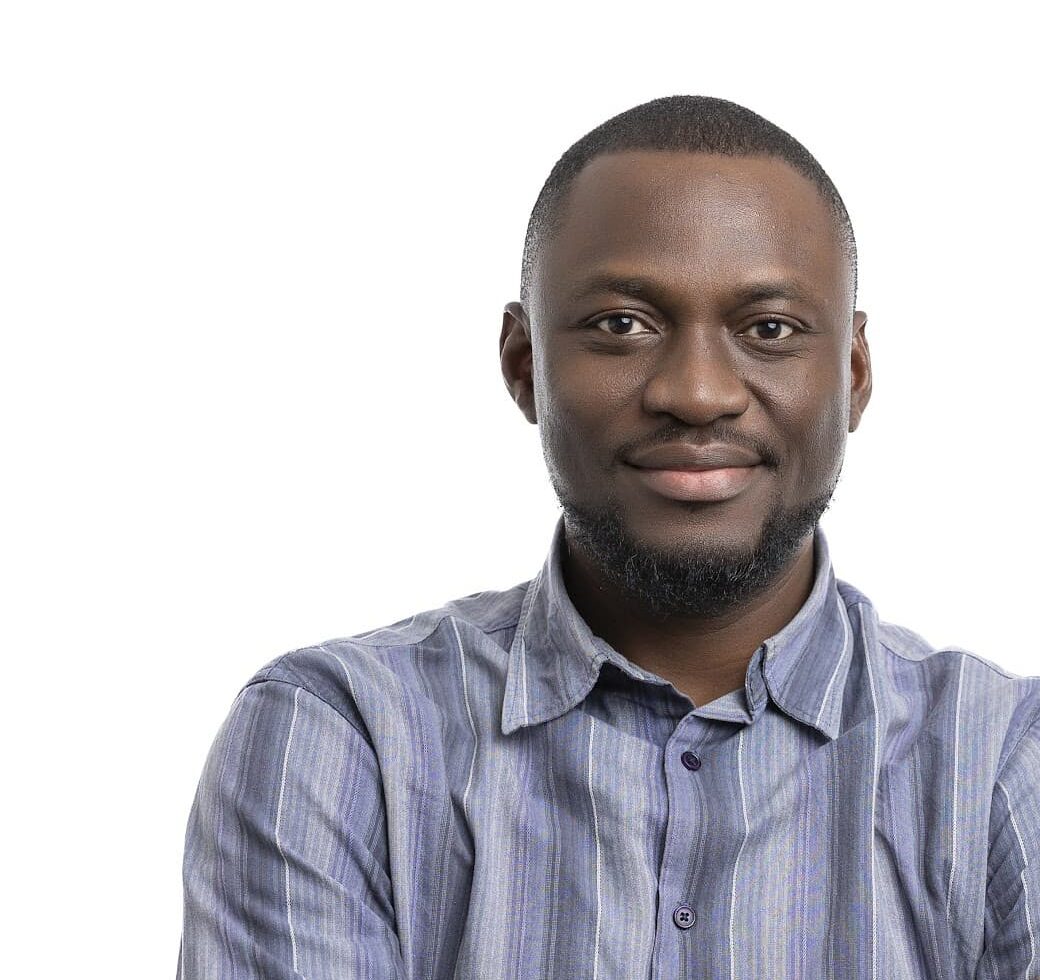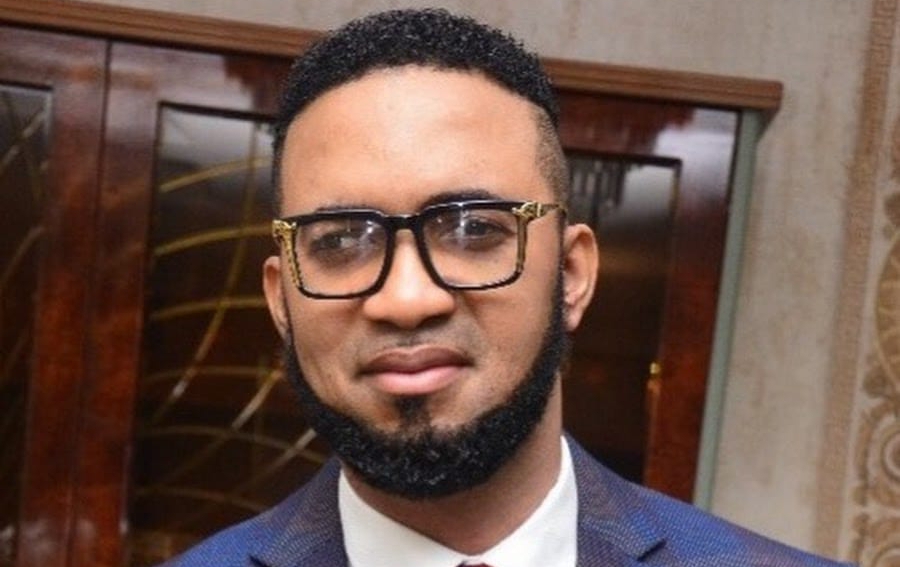 A crisis and science communication scholar and expert, Dr. Daniel Nwogwugwu, has raised concerns over the widening disconnect between scientists and public priorities. Nwogwugwu, a Postdoctoral Fellow at Northeastern University, Boston, and a lecturer at Bowen University, Iwo, Osun State, stressed the need for scientists to align their research with pressing societal needs to foster trust and collaboration and bring about significant positive changes.
A crisis and science communication scholar and expert, Dr. Daniel Nwogwugwu, has raised concerns over the widening disconnect between scientists and public priorities. Nwogwugwu, a Postdoctoral Fellow at Northeastern University, Boston, and a lecturer at Bowen University, Iwo, Osun State, stressed the need for scientists to align their research with pressing societal needs to foster trust and collaboration and bring about significant positive changes.
According to the university don, recent findings from a global study on Trust in Scientists and Their Role in Society in 68 Countries, involving a survey of 71,922 individuals by 241 researchers at 179 institutions and published in the Nature Human Behaviour journal, indicate that less than half of respondents globally (42%) believe scientists consider public perspectives in their work.
The study, premised on narratives of a crisis of trust in scientists, indicated that many citizens feel scientific priorities do not align with their concerns, particularly in healthcare, energy, and poverty reduction. Instead, there is a perception that science is unevenly focused on defense and military technology, leading to skepticism about its broader societal benefits.
Nwogwugwu stressed that “scientists must take these concerns seriously by fostering public dialogue and incorporating community feedback into research priorities. In Western countries, conservative groups often feel alienated from scientific discourse, further widening the gap. Hence, long-term solutions include ensuring that research funding and policy decisions reflect public values and needs.”
He noted that “beyond research priorities, the disconnect between scientists and the public extends to policymaking, funding allocation, and ethical considerations. Scientists are often perceived as working in isolation, limiting community involvement in decision-making processes. This has contributed to growing distrust in scientific institutions, particularly in developing nations where climate change, food security, and disease control are critical concerns.”
To bridge this gap, he advocates for greater transparency in scientific research, open communication platforms, and inclusive decision-making. Governments, research institutions, and private sector stakeholders, particularly in Africa, are urged to integrate traditional knowledge with modern scientific methods, where indigenous knowledge systems play a key role in healthcare, agriculture, and environmental conservation. This emphasis on traditional knowledge systems makes local communities feel valued and included in the scientific process.
“While the global study focused on Coronavirus, the challenges could be extended to other spiraling pandemics and diseases across the world,” Nwogwugwu said, emphasizing the urgent need for action. Research by the reporter shows that despite scientific knowledge, cholera still plagues the world. According to 2024 data from the World Health Organization on cholera outbreaks, 439,724 cholera cases and 3,432 deaths were reported globally, with Nigeria prominently featured in the Sub-Saharan region between January 1 and September 29, 2024. Despite a 16 percent decline in global cases from the previous year, cholera-related deaths surged by 126 percent. Nigeria reported a total of 10,837 cases and 359 deaths across 35 states and the FCT from January to September 2024.
Dr. Nwogwugwu of Bowen University and Dr. Ijeoma Uzoma of the University of Nigeria, Nsukka, were the Nigerian collaborators involved in the global study, which included scholars from prestigious universities across the world, including Harvard University; the University of Zurich, Zurich; the University of Bern, Bern; the University of Amsterdam, Amsterdam; the University of Applied Sciences, Lillehammer, Elverum; the National University of Malaysia, Bangi; and Stellenbosch University, Stellenbosch.






